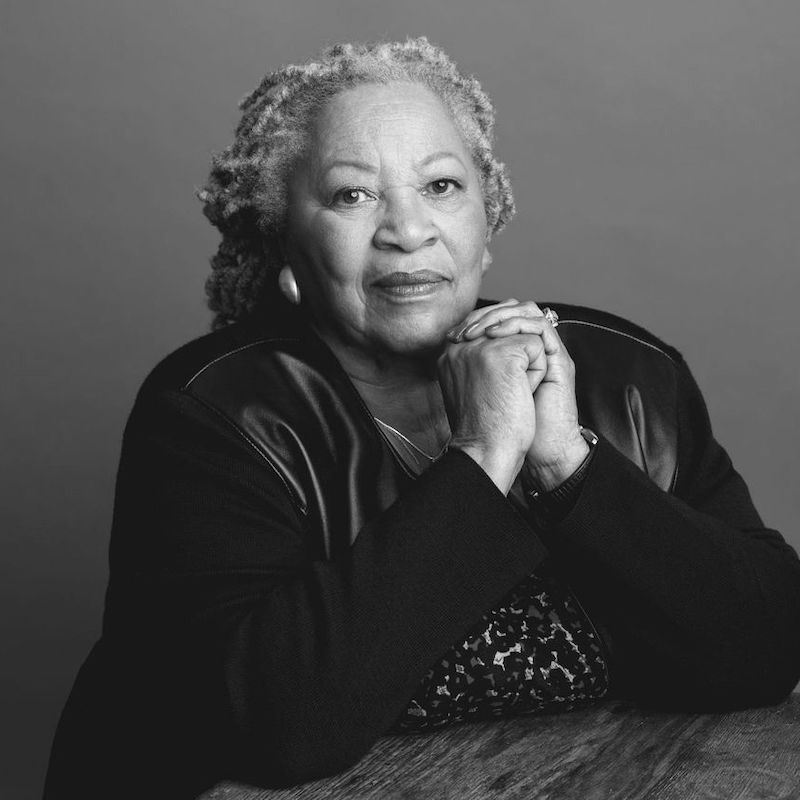Beloved (1987)
Episode #10 of the course Masterpieces of world literature and why they matter by Alisa Miller
Welcome to the last lesson in Masterpieces of World Literature. Today, we will learn about Toni Morrison’s Beloved, which demonstrates the effects of slavery on the people subjected to this heinous system of oppression through her hauntingly-told narrative.
The Stories
Beloved opens in 1873, just eight years after slavery was abolished in the United States, with the story of Sethe and her 18-year-old daughter, Denver, who live in a house everyone believes is haunted by Sethe’s dead infant daughter. Sethe was a slave who escaped from a Kentucky plantation, called Sweet Home, while pregnant with Denver. After her escape, she joined her mother-in-law and her children, who were living in Ohio, where slavery was illegal. Paul D, who was also a slave at Sweet Home, finds Sethe in Cincinnati, and with their reunion, the memories they tried to repress of their lives during slavery come forward.
The story unfolds by switching between 1873 present day and flashbacks of the past and tells, in an eerily striking manner, of the atrocities of slavery. The heart of Beloved is Sethe and Paul D’s stories of their lives during slavery and the effects on themselves, as well as the people in their lives. Through these stories, themes of identity and the need for community develop.
Reclaiming Identity and Community
Through Beloved, Morrison describes how slavery stripped people of their identity. Slave owners issued names that weren’t these people’s given names, treated them like animals, and often took away their freedom through inhibiting their ability to move or speak. These acts were as harmful as the vicious beatings they received. Beloved shows these people reclaiming their identity—and their humanity—through acts as simple as renaming themselves. Take, for example, Baby Suggs. When Baby Suggs arrives at Sweet Home, she is called Jenny, a name she doesn’t know because it was assigned to her by someone who purchased her. Instead, she calls herself Baby Suggs because her husband’s name was Suggs, and he called her “baby.” She is known and referred to as Baby Suggs by all from that point forward.
Morrison also explores the idea of community, its importance, and how slavery affected it. Through Sethe and Paul D’s stories, it becomes apparent that those suffering at the hands of slave owners would often create community through their shared experience as slaves. When Paul D first appeared at Sethe and Denver’s home, Denver felt left out because of the strong bond between her mother and a man she hadn’t seen in 18 years. Through a defining event in Beloved, Morrison demonstrates how, once free, the people didn’t initially come together for each other the way they should have, but by the end of the book, they regained that community on their own terms. Morrison illustrates how the forced sense of community in slavery left the free people struggling to find a way to create community in a more natural way.
Controversy
Beloved’s reception has, in many ways, reflected the very people it involves. Beloved was nominated for the 1987 National Book Award and was considered a sure winner. When another book received the prestigious award, many in the literary world were shocked. As a part of the backlash, 48 prominent Black writers penned a letter of protest that appeared in The New York Times Book Review. Beloved won several other awards, including the Pulitzer Prize, and was made into a film, reflecting the popularity and merits of the work. Today, Beloved is often included in academia and is widely considered an important piece of the North American canon of literature.
Thank you for participating in this course on masterpieces of world literature. I hope you found it educational and thought-provoking and that it inspired you to read these works that have had such a significant impact on the world.
Recommended book
Share with friends

